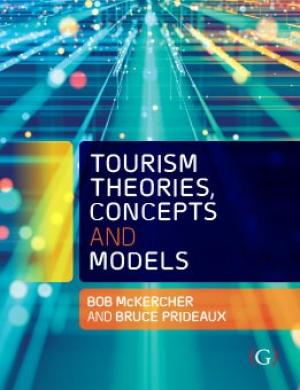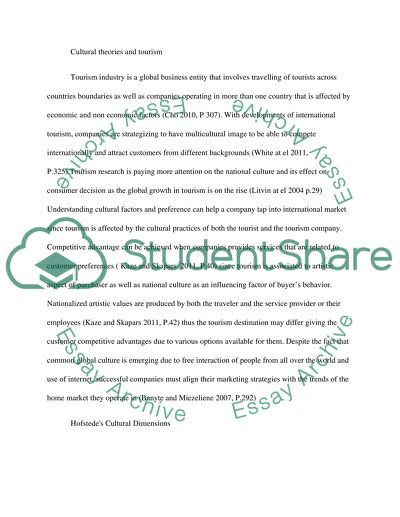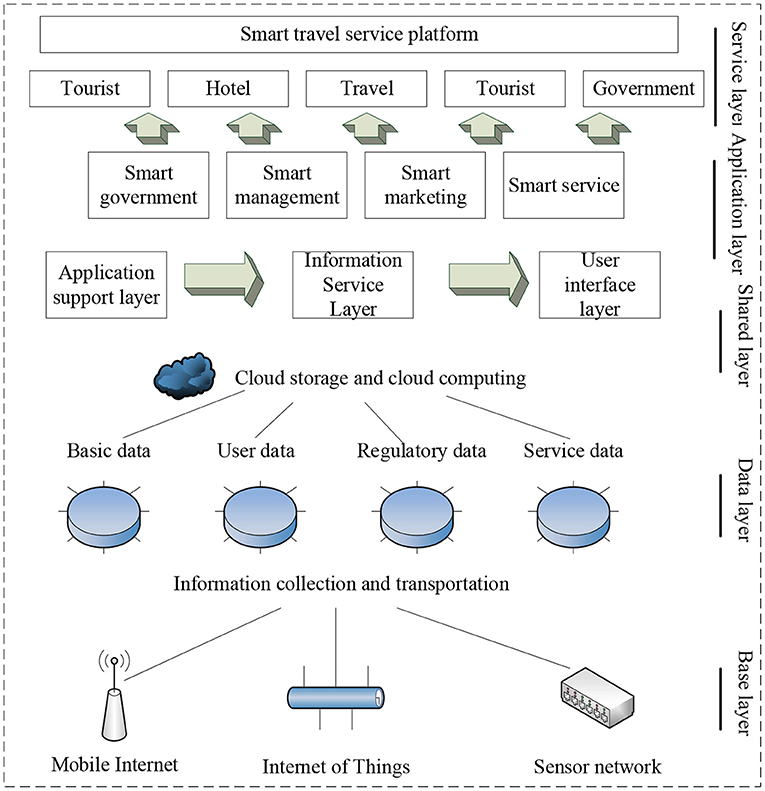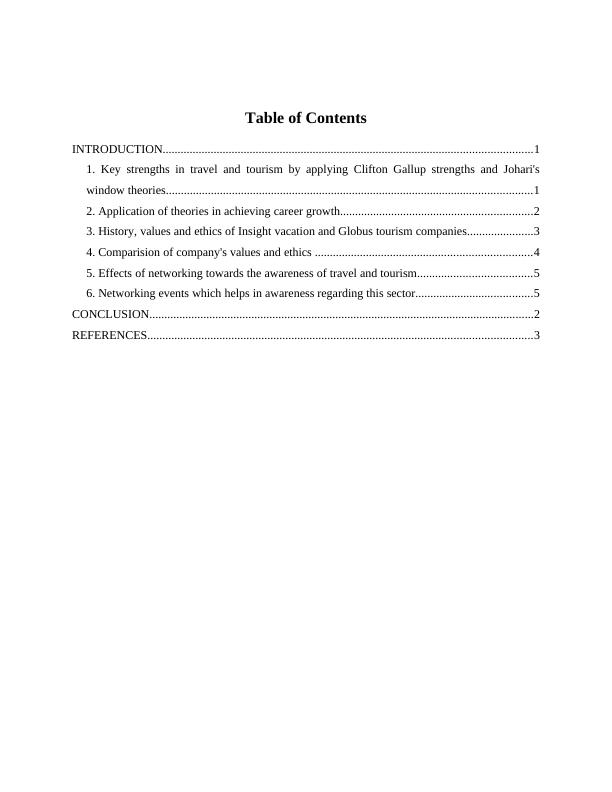Tourism is a multifaceted industry that has evolved significantly over the years. There are various theories that have been proposed to understand and explain the dynamics of the tourism industry. In this essay, we will discuss some of the most prominent theories about tourism and how they have influenced our understanding of this industry.
One of the earliest theories about tourism is the push and pull theory, which was proposed by Crompton in 1979. This theory suggests that the decision to travel is influenced by two main factors: push factors and pull factors. Push factors are those that drive people away from their home, such as boredom, stress, or a desire for adventure. Pull factors, on the other hand, are those that attract people to a particular destination, such as cultural attractions, natural beauty, or a favourable climate. According to the push and pull theory, the decision to travel is influenced by the balance between these two factors.
Another theory that has gained significant attention in the tourism industry is the Maslow's hierarchy of needs theory. This theory suggests that human needs are arranged in a hierarchical order, with the most basic needs (such as physiological and safety needs) at the bottom, and self-actualization needs (such as personal growth and self-fulfillment) at the top. According to Maslow's theory, people are motivated to fulfill their needs, starting from the lowest level and moving up the hierarchy. In the context of tourism, this theory suggests that people travel in order to fulfill their higher-level needs, such as the need for self-actualization or the need for social interaction.
Another theory that has been influential in the tourism industry is the tourist area life cycle theory, which was proposed by Butler in 1980. This theory suggests that tourist destinations go through a series of stages, from the initial exploration stage to the stagnation and decline stage. According to this theory, tourist destinations start by attracting a small number of visitors, who are typically adventure seekers or pioneers. As the destination becomes more popular, it enters the development stage, where more infrastructure is built to accommodate the increasing number of tourists. In the consolidation stage, the destination becomes more established and attracts a wider range of tourists. Finally, in the stagnation and decline stage, the destination becomes oversaturated and begins to decline in popularity.
Other theories about tourism include the psychological need theory, which suggests that people travel in order to fulfill their psychological needs, such as the need for novelty, the need for escape, or the need for self-expression. The cultural theory of tourism, on the other hand, suggests that tourism is a way for people to explore and interact with different cultures.
In conclusion, there are various theories about tourism that have helped us to understand the motivations and dynamics of the tourism industry. These theories provide useful insights into the factors that influence the decision to travel and the stages that tourist destinations go through. Understanding these theories can help tourism professionals better understand and cater to the needs of tourists, leading to a more successful and sustainable tourism industry.






